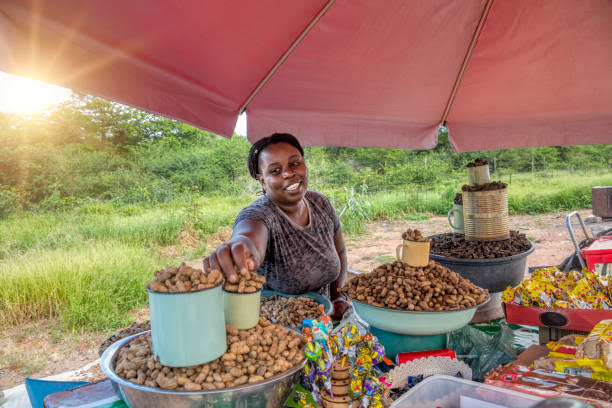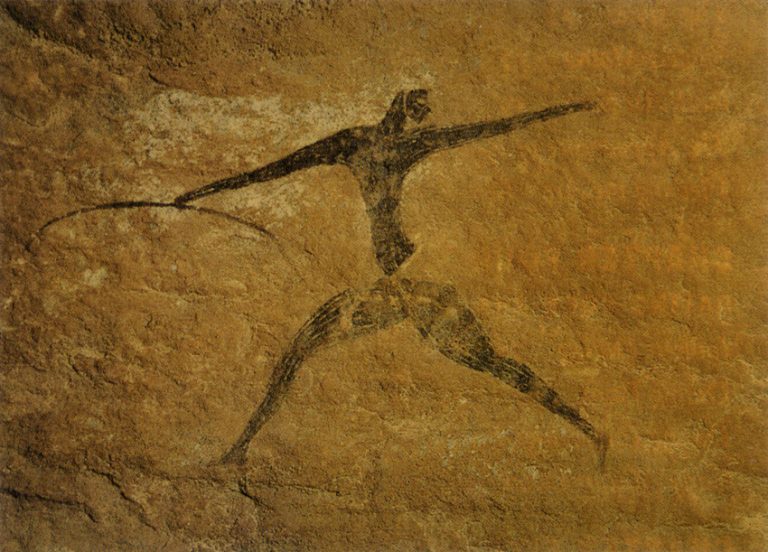
Exploring African markets offers travelers an immersive experience into local cultures, traditions, and craftsmanship. From vibrant bazaars to open-air street markets, visitors can find unique souvenirs that capture the spirit and history of Africa. These bustling markets are not only ideal for purchasing keepsakes but also for engaging with artisans and understanding the stories behind their creations.
The Significance of African Markets
African markets are deeply intertwined with the continent’s social and cultural fabric. They are more than just commercial spaces; they serve as gathering points where people meet, socialize, and celebrate traditions. In these marketplaces, travelers can find an array of handcrafted items that speak to Africa’s rich heritage and creativity. These pieces often make for meaningful souvenirs that tell the story of their origins.
Top African Markets to Visit
Marrakech’s Jemaa el-Fnaa, Morocco
Marrakech is famous for its bustling market square, Jemaa el-Fnaa. This UNESCO World Heritage site is a sensory explosion, with snake charmers, storytellers, and food vendors creating a unique atmosphere. For those looking to buy unique souvenirs, the adjoining souks offer a range of items such as traditional carpets, leather goods, and aromatic spices. The Moroccan lamps, in particular, are popular for their intricate patterns and craftsmanship.
Masai Market, Nairobi, Kenya
The Masai Market is a must-visit for travelers exploring African markets. Held at different locations around Nairobi, the market showcases authentic Kenyan arts and crafts. Shoppers can find traditional Masai beadwork, colorful kikoy fabrics, and beautiful wooden carvings. This market is an excellent place to purchase Masai-inspired jewelry, which features intricate beadwork and bright colors that reflect the culture of the community.
Kejetia Market, Kumasi, Ghana
Known as one of the largest open-air markets in West Africa, Kejetia Market in Kumasi is a vibrant and chaotic hub. It is a great place to purchase Kente cloth, a traditional Ghanaian textile known for its colorful patterns and historical significance. Visitors can also buy brass artifacts, which are symbols of the Akan people’s cultural legacy.
The Craft Market, Victoria Falls, Zimbabwe
The Craft Market at Victoria Falls is a popular stop for travelers seeking locally-made souvenirs. Here, you can find hand-carved stone sculptures, which are a specialty of Zimbabwe. The market also offers traditional African masks, basketry, and small, intricately carved animals that represent the local wildlife. It’s an ideal place to find something that captures the spirit of your adventure in Zimbabwe.
Tips for Shopping in African Markets
- Bargain respectfully: Haggling is a common practice in many African markets, but it’s essential to do it with respect and good humor.
- Learn a few phrases: Learning basic greetings and phrases in the local language can help establish a connection with vendors and enrich the experience.
- Support local artisans: Purchase items directly from artisans when possible, as it ensures they receive a fair price for their work.
Why Explore African Markets?
Exploring African markets allows travelers to connect with the local community and witness centuries-old craftsmanship. Each market has its own unique offerings and vibe, reflecting the region’s history and values. For instance, the crafts sold in Ghana’s markets often have cultural and spiritual meanings, while those in Morocco showcase the blend of Berber, Arabic, and Andalusian influences.
Shopping in African markets also contributes to local economies and sustains traditional crafts. Visitors who purchase handmade goods directly from artisans are supporting their livelihoods and preserving heritage. Moreover, the items bought can serve as powerful reminders of travels, encapsulating memories of the people, places, and stories encountered along the way.
Exploring African markets is an enriching way to experience the continent’s diverse cultures, artistry, and traditions. Iconic markets like Jemaa el-Fnaa in Morocco, Masai Market in Kenya, and Kejetia Market in Ghana offer a treasure trove of unique souvenirs. From intricate beadwork and textiles to hand-carved sculptures and artifacts, these keepsakes hold deep connections to their places of origin. By respectfully engaging with vendors, supporting local artisans, and understanding the cultural significance of these crafts, travelers can make their market visits both meaningful and memorable.
Discover more from Amebo Media
Subscribe now to keep reading and get access to the full archive.




